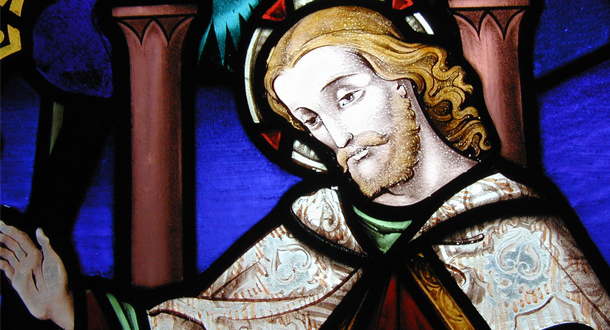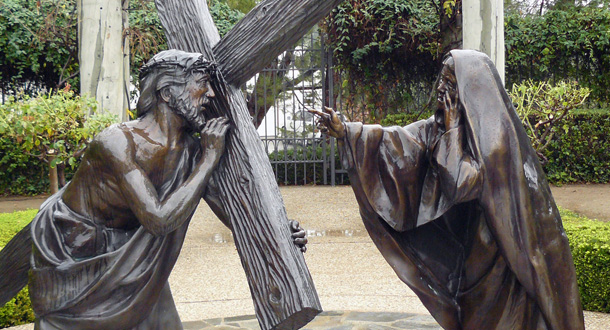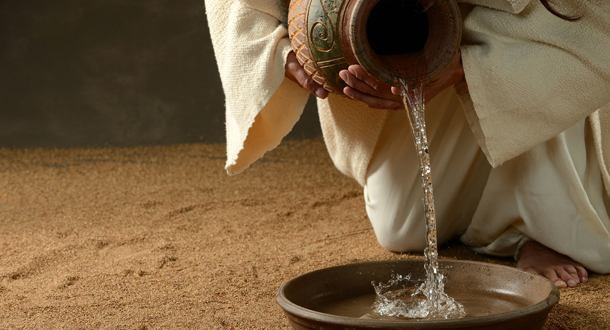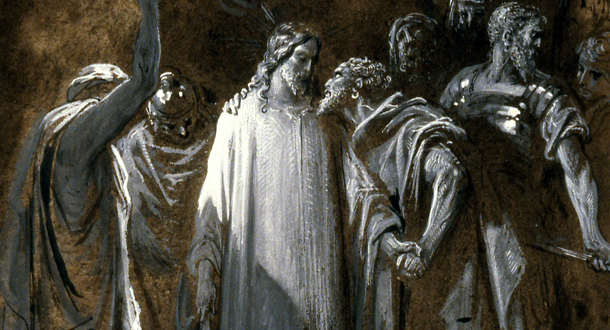 Scripture:
Scripture:
Reflection:
I reflect often on dementia these days. We are moving my mom from the home that she and Dad built, the home where we all grew up, and the town that has formed the terrain of her life for decades. Mom’s physical and cognitive function are beginning to fail, and she is no longer safe living alone. None of we ten kids live in that town anymore, nor can we move in to take care of her. So we’ve arranged to move her to an assisted living facility within 10 minutes of two of my sibs and 40 minutes of three more. On one day, she is aware of the impending move and fully on board with it. On another day, she is resentful and insists she is just fine living independently, driving, and caring for herself.
Pope Francis recently warned against “spiritual dementia”. What a profound description of one of the most enduring problems of Christianity! Jesus himself must have been incredibly frustrated by the disciples’ selective memory as they argued over who was the greatest, asked him to silence others who were healing in his name (presumably so their own status would be protected), and were shocked and terrified when he died despite his repeated warnings that the path leads to the cross. Then, after he died, they forgot so many of the most basic lessons he taught them. They wondered whether their experience of Jesus had been real. They even failed to recognize him when he stood in their midst, walked with them on the road, or cooked breakfast for them on the beach (though their cognition was jogged in most cases by their long-term memory of that most familiar act – the breaking of the bread).
It is so easy for us to be like the disciples – to “forget” the most difficult challenges of the gospel in favor of the parts we “like” or are comfortable with. We too readily embrace the God of love but hang onto our “religion” of judgment and rules. We embrace the idea of community as long as the community is made up of people like us. We are in favor of social justice as long as it means contributing a little money to organizations who work for it rather than getting our own hands dirty or “smelling like the sheep”. We are so quick to condemn, to hold onto grudges, and to believe in our own righteousness. Spiritual dementia, anyone?
Strengthened by our Lenten practices and emboldened by the resurrection, what can we do to improve our cognition of the gospel message, our memory of the deep challenges of our faith, and our resolve to live it out? My mom’s dementia will progress, as she eventually forgets everything, including who she is. Will ours?
Amy Florian is a teacher and consultant working in Chicago. For many years she has partnered with the Passionists. Visit Amy’s website: http://www.corgenius.com/.

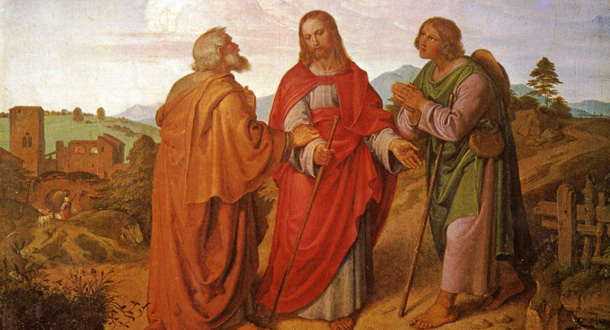 Scripture:
Scripture: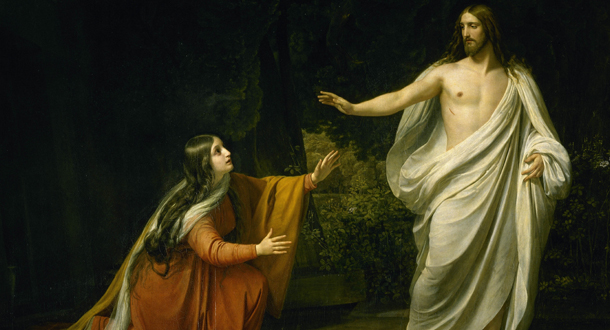 Scripture:
Scripture:
